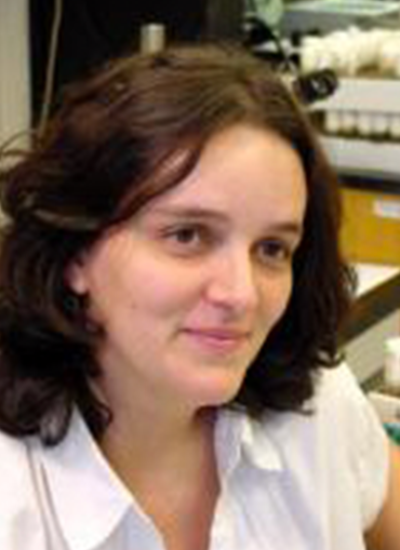Daniela C Zarnescu
Work Summary
We are working to uncover the molecular mechanisms of aging and neurodegenerative diseases using a combination of genetic, computational and pharmacological tools, and a diverse array of experimental models. We also seek to develop therapies for ALS and related neurodegenerative diseases.



